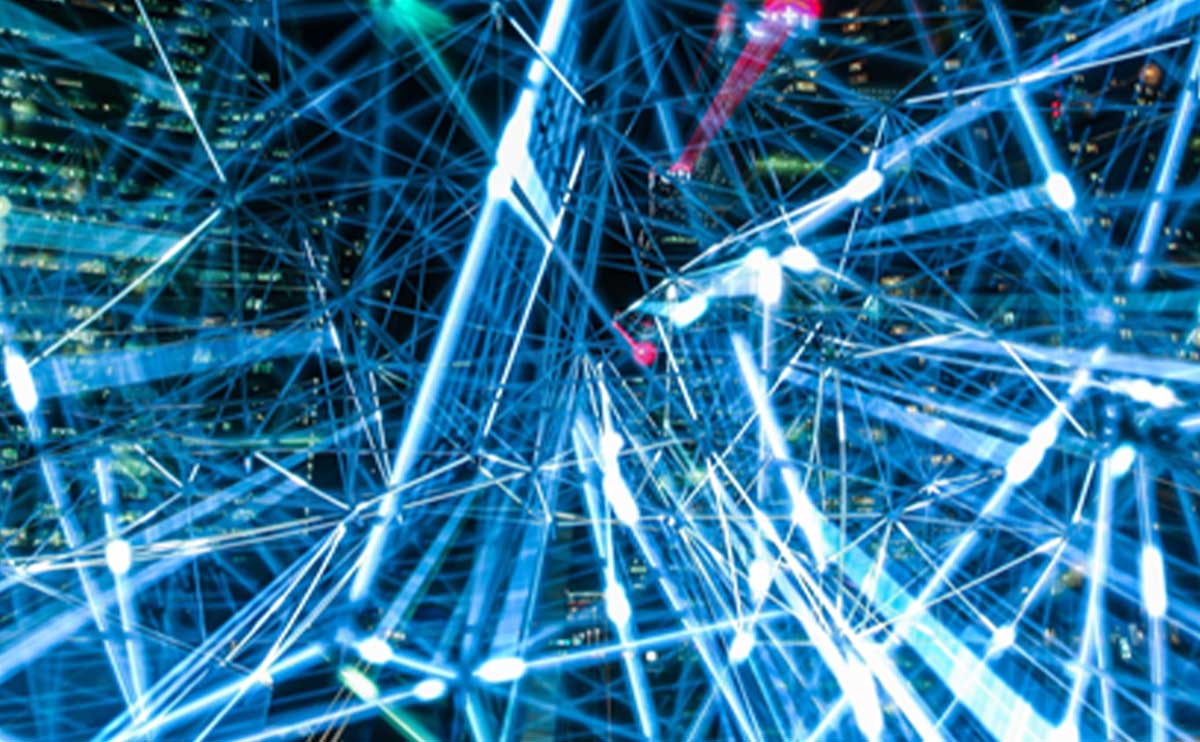In November this year, AgroCares will implement a major technology breakthrough in its systems: we will move to more advanced machine learning algorithms, also referred to as deep learning. In this article, you will learn what is deep learning and why is it improving AgroCares’ technology.
What is the role of algorithms in AgroCares’ technology?
AgroCares technologies rely on sensors and a connection to the AgroCares soil database to determine the chemical composition of soils using predictive analytics and algorithms. When a user scans a sample with the Scanner or the Lab-in-a Box, the digital information (or spectrum) from the soil is sent to an algorithm which in connection with a database of soils is able to translate it into nutrient information. In the past AgroCares has used machine learning algorithms which proved to work very well.
About machine learning:
Machine learning is a field of computer science that builds models and algorithms to identify patterns in data and make predictions using those patterns. In other words, it produces predictive analyses that have the ability to “learn” from input data without being explicitly programmed with expert knowledge.
Interested to know more about machine learning? Have a look at our previous article “How AgroCares uses machine learning to make recommendations more accurate”.
What is deep learning and why does it perform even better?
Deep learning is a state-of-the-art technology that is a specialized form of machine learning. Deep learning uses complex structures designed to mimic the processes of the brain. This complexity allows a more accurate prediction of several indicators measured by the AgroCares technology. In brief, it makes better predictions out of the same dataset. In addition to that, deep learning algorithms make use of GPS-based covariables that improve the results of our prediction models, hence improving the accuracy of our measurements.
What are the implications for AgroCares technology users?
Besides the general increase in accuracy for existing measurements done with AgroCares technology, it will enable AgroCares’ users access to more parameters and to perform soil analysis in more countries. The shift from machine learning to deep learning algorithms is the basis upon which new applications are to be released.

